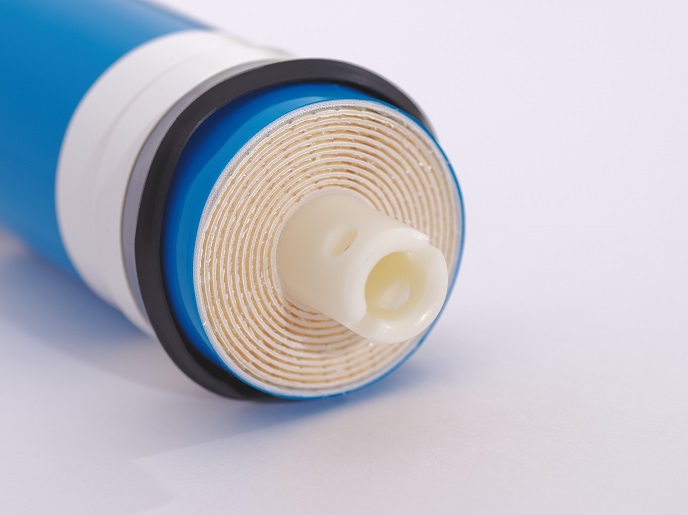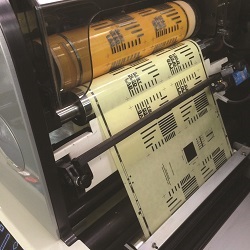Innovative customisable membranes for a sustainable future
Separation processes that use physical, chemical or electrical forces to isolate or concentrate selected constituents of a mixture are essential to the chemical, petroleum and bio-refining and materials processing industries. Typical processes involved in separating the components of large quantities of chemical mixtures into purer forms such as distillation and crystallisation are responsible for considerable amounts of the world’s annual energy use. “State-of-the-art separation technologies using heat and cooling are highly energy intensive, accounting for 10-15 % of the world’s energy demand,” notes Samuel Hess, CEO and co-founder at UniSieve(opens in new window). “This huge energy demand is coupled with high carbon emissions. Furthermore, thermally-driven processes typically require huge, rigid and capital-intensive installations.”
Innovative clean-tech company in the spotlight
To tackle these issues, Switzerland-based start-up UniSieve has developed a proprietary membrane solution that allows cost- and energy-efficient separation. UniSieve’s advanced molecular separation solution can be applied to the most relevant and energy-consuming applications. Currently, the Swiss start-up focuses on hydrocarbon separation and the follow-up application of carbon capture. Short for ‘universal sieving’, UniSieve’s platform technology enables a unique combination of various molecular sieves and polymeric membranes, yielding reliable chemical separation solutions. This innovative membrane technology was first developed in 2013 at the Institute of Chemical and Bioengineering of ETH Zurich(opens in new window). “UniSieve’s unique molecular sieving membranes add a new dimension to the world of separation. Being mechanically stable and flexible, they can be integrated into standard membrane cartridges,” highlights Hess. Furthermore, they allow for precise tuning of the membrane pore size, making the technology available to a broad range of challenging applications. “Our molecular separation solution works on a size-exclusion principle. In contrast to distillation, UniSieve’s solution can separate molecules based on their size, resulting in significant energy savings,” explains Hess. The latter are enabled by the molecular sieving properties of UniSieve’s membranes that allow smaller molecules to quickly permeate while larger ones are retained. “Similarly to a simple kitchen sieve used to drain pasta, the sub-nanometre-sized membrane pores separate and purify chemicals and capture CO2,” adds Hess. “The game-changing feature of UniSieve’s membranes is their high precision, enabling customers to save up to 90 % of process energy, reduce operational costs and drastically cut emissions.”
Sustainable separation technology receives a boost
The EU-funded GREENMEM project supported UniSieve in scaling up its membrane technology. During the 24-month project, the membrane fabrication process was scaled to the point needed to serve the first pilot clients. The scope of GREENMEM was to demonstrate the feasibility of UniSieve’s platform technology in a chemical unit by conducting pilot tests. Test results confirmed that the platform technology helps customers save energy and costs, reduce emissions and increase product recovery. “By broadly deploying the UniSieve solution, the energy and chemical sector can reduce CO2 emissions by more than 1.3 Gt per year,” states Hess. “To get there, UniSieve is currently preparing additional demonstration tests for several applications and is pushing to expand the number of applications that the versatile platform technology can serve.” Fifty-six UniSieve separation units are expected to be installed across Europe and America by 2026. “Our priority is to supply customers with a unique separation solution compatible with existing infrastructure while effectively contributing to sustainable economic and environmental benefits,” concludes Hess.







